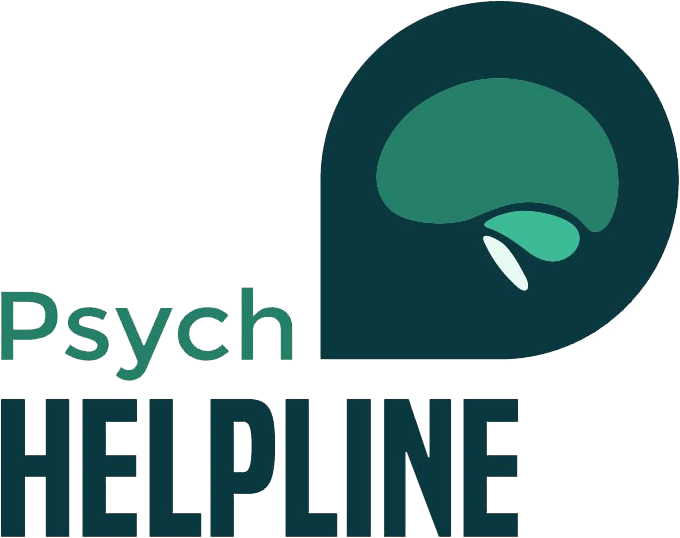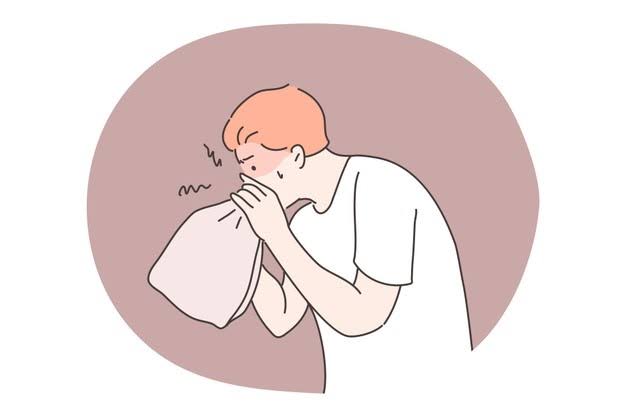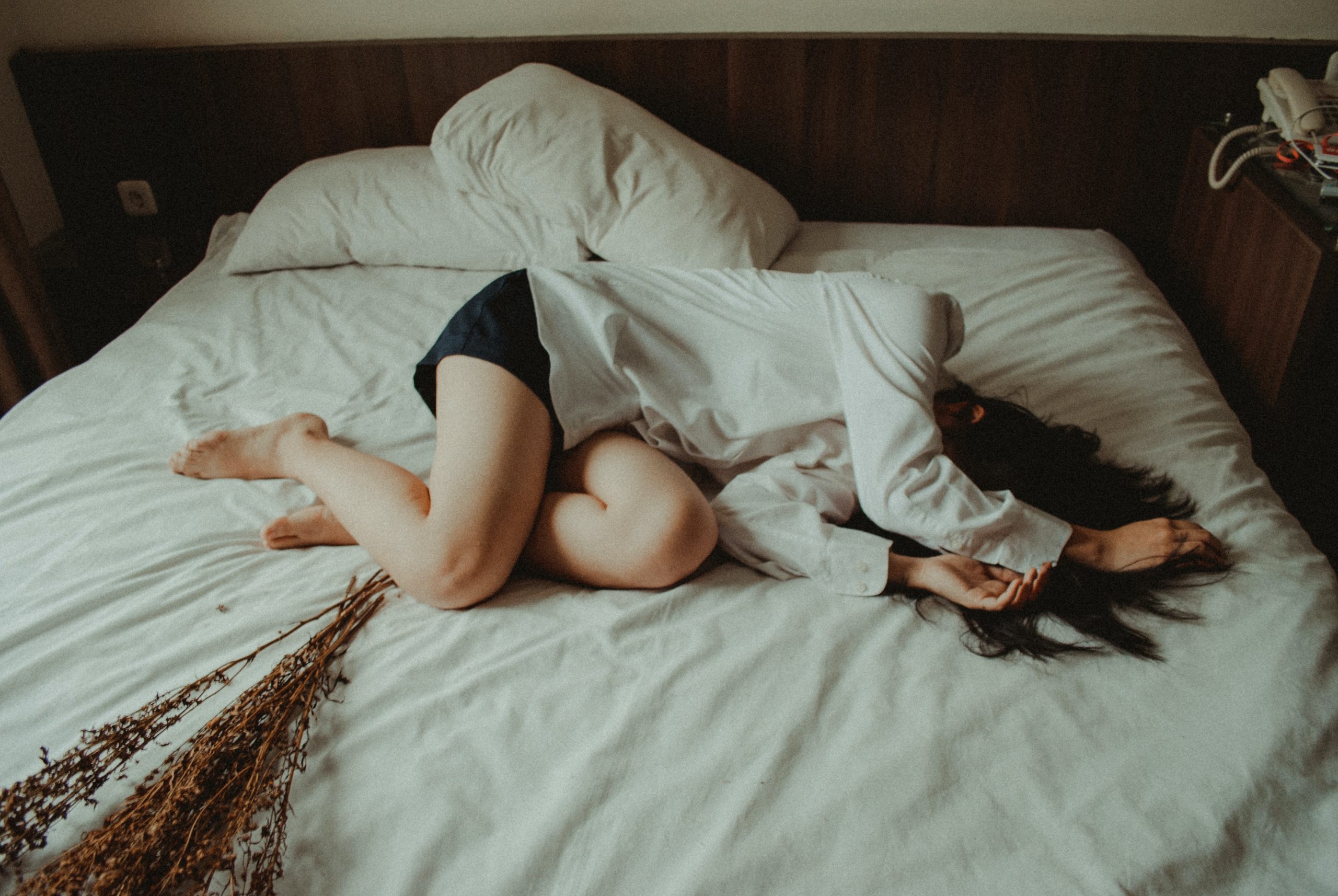As shocking as it might seem to a few people there are multiple physical symptoms of anxiety that can indicate its onset. Because anxiety is a psychological anomaly we often assume that its symptoms are psychological as well. On the contrary, various physical manifestations can contribute to the presence of general anxiety or an anxiety disorder. Some of the most common, visible symptoms that can act as early red flags are; irregular amounts of fear, nervousness, changed body language. Taking things under perspective it is safe to say that a mental condition like anxiety can easily trigger physical symptoms as well. Furthermore, these physical symptoms can lead to public scrutiny and affect the practicality of your daily routine in unimaginable ways.
Although these physical symptoms of anxiety can be hard to control, there are still multiple ways that can ease up the path to normalcy. Hereby we’ll discuss some lesser-known physical symptoms of anxiety and how you can destabilize the unhealthy cycle of their occurrence.
Anxiety, Hyperventilation and Tingling Sensations
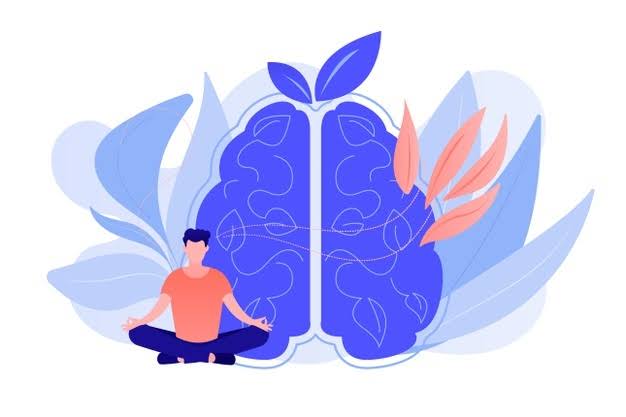
At the very start of a recurring anxiety attack, the first noticeable physical symptom is the inability to breathe properly. This particular issue often leads to hyperventilation and it’s been scientifically proven the hyperventilation can cause tingling in the feet. If you experience tingling in hand and feet due to serious levels of stress and anxiety, you’re more likely to be hyperventilating at that particular moment.
This symptom isn’t as serious as other physical symptoms of anxiety yet it’s more noticeable. That’s because while a person’s feeling anxious, they’re more likely to notice even some of the most minor bodily sensations for example; tingling in your extremities, irregular heartbeat, ringing in your ears etc.
The 3 3 3 Rule
This is an anxiety-relieving technique that mostly works under dire circumstances and when you have no one else nearby to calm you down. Trying the 3 3 3 rule can also offer you relief from the tingling sensation you’re experiencing due to abnormally high anxiety levels. So, whenever you feel your anxiety levels are rising sit down and take a look around. Now, take a mental note of everything that’s around you and name three things you see.
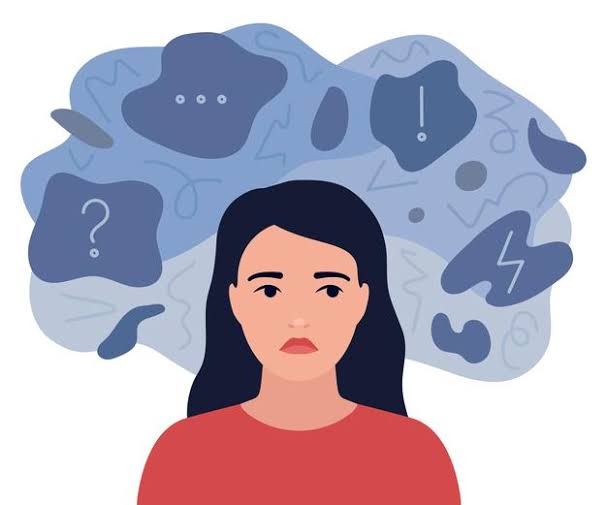
Once you’re done with that, name three sounds you hear nearby. Lastly, you’ll have to physically move three different parts of your body it can be your hands, feet, ankle, fingers, or arms. Once you’re done with all three of these activities you’ll begin to notice that your anxiety attack has started fading off. If the 3 3 3 rule doesn’t seem to work out for you then, there are some other long term solutions to look into such as;
- Talking Therapy
- Cognitive Behavioral Therapy
- Anti-anxiety medication
- Regular Exercise or Yoga
Globus Sensation: The inability to swallow food due to anxiety
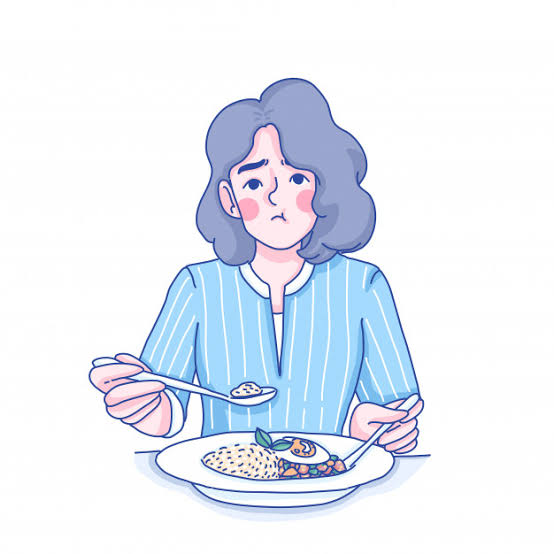
Stress and anxiety can control even the simplest activities you perform. Something as simple as breathing or ingesting food tends to get out of a person’s control once a sudden anxiety attack hits like a bus. Due to an irregular amount of anxiety, you might experience a certain kind of tightness around your jaw and throat. This can affect your inability to ingest food or even worse result in choking.
You might also feel as if there’s something stuck in your throat and the fear of choking on something can worsen your anxiety levels. This situation is known as Globus sensation. Furthermore, the inability to ingest food can be linked with various other anomalies apart from anxiety. Hence, it all depends on getting a perfect diagnosis from your doctor to find out whether you’re facing this issue because of anxiety or not.
How To Stop Shaking From Anxiety?
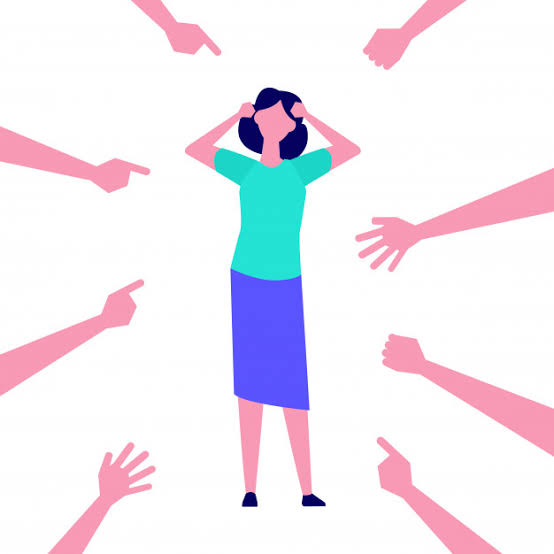
One of the many visible physical symptoms of anxiety includes Tremors. Around the onset of an anxiety attack, you’ll notice an irregular amount of uncontrollable shaking. While you’re in a stressful situation your body tends to lose its calm and enters a flight-or-fight mode. Consequently, various stress hormones flood your body and various bodily fluids rapidly start increasing. These irregular changes often make anxious individuals shake uncontrollably. Furthermore, these tremors are known as psychogenic tremors and can make your anxiety levels even worse.
So, what can be done to control psychogenic tremors?
A regular dosage of anxiety medication and therapeutic activities prescribed by a physician can call your jittering nerves and help avoid tremors in the future. Benzodiazepines, chlordiazepoxide, Alprazolam, Escitalopram, fluoxetine etc. are among the long list of drugs prescribed by health professionals as anxiety medication. You can also practice other calming techniques and practice mindfulness to avoid tremors in future. Some of these techniques include;
-
Progressive muscle relaxation and Mindfulness
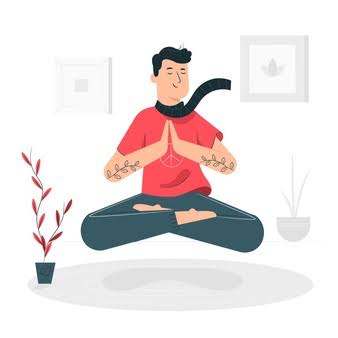
Under a stressful situation try to contract and then release your tense muscles. Get your various muscle groups into rhythmic movement and at the same time start taking deep breaths. This will consequently stop you from trembling and help your body calm down at the same time.
Practising some simple yoga poses like; sunrise salutations and the child’s pose are also instant means of regulating your bodily activities. These poses can calm your nerves and stop you from shaking profusely. Try to incorporate meditation in your daily routine for at least 10-15 minutes. Once you start giving yourself a mental break from stressors your body will start calming down on its own. You can also install apps that provide meditative audios and listen to them during leisurely hours.
Nervousness And Anxiety
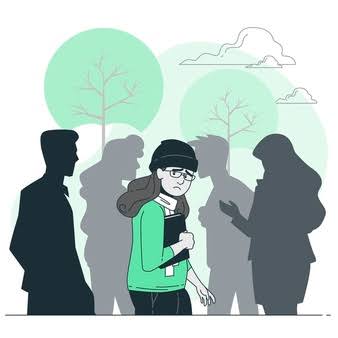
Perhaps the biggest drawback of having high anxiety levels is the nervousness it brings forth. The fear of speaking publicly among a large audience is usually both a precursor and a trigger of anxiety for most individuals. High levels of anxiety or the onset of an anxiety attack can affect the way you publicly act or behave with other people. According to the National Institute of Mental Health;
“Nervousness or glossophobia affects about 73% of the world’s population.”
When anxiety’s part of the context, you’ll often seem too intense or nervous and that nervousness will radiate through your body language. Nervousness radiating due to anxiety or stress can often lead to;
Losing physical balance
Stuttering while talking
Brain fogging
Dizziness
Stomachache
Dry Mouth
Fear of being judged
The more nervous a person tends to be the higher anxiety levels they’ll experience. This sort of nervousness leads people to overthink each action they take. Partnered with the fear of being judged for each of their actions, these people start avoiding any chances of social interactions.
Biofeedback therapy: Biofeedback therapy in recent times is among the most helpful means of tackling irregular amounts of anxiety. For biofeedback therapy, people struggling with anxiety are connected to electrical sensors that help you receive information about your various body parts and tensed muscles. Once you understand which areas of your body deserve some relaxation you can subtle changes in your body and practice relaxation.
5 Easily Applicable Anxiety Reducing Practices
Pet Adoption
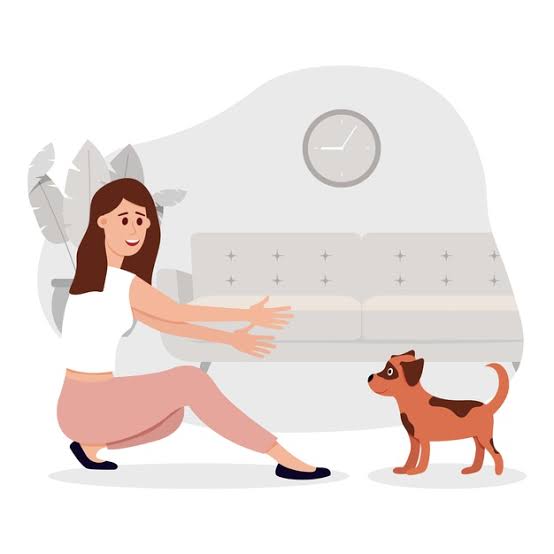
This is technique truly meant for those that are open to the idea of having a pet and don’t have any allergies. Pets are perhaps the easiest sources of companionship and love. So, if your anxiety emerges due to the lack of support and interpersonal bonding having a pet can sometimes soothe your lonesome hours. Pet adoption has been scientifically proven to have been beneficial to people with various mental health issues. Spending time with your pet can help you a lot in the sense that it completely blocks out negative thoughts from your mind for a brief moment. You’re more likely to be spending your time grooming them and taking care of your furry friends than focusing on certain triggers leading to anxieties.
Caffeine And Alcohol Consumption
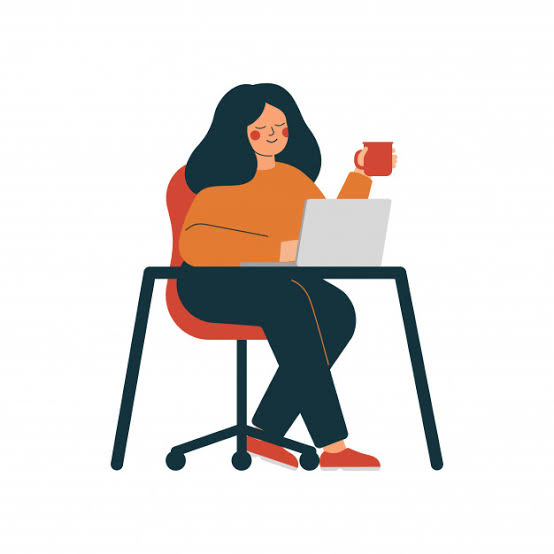
Cutting down on specific dietary items can visibly improve your anxiety levels. It’s understandable how a specific group of people cannot function properly during the day until they load up their daily dose of caffeine. At the same time, cutting down caffeine is absolutely necessary if you’re battling anxiety on regular bases. Although reducing caffeine levels by not consuming coffee, or sodas might seem like a downer to you, it’ll be helpful in the long run. Apart from caffeine, alcohol consumption can also worsen your anxiety levels. Note down how much tea, chocolates and alcohol you consume during the week. Afterwards, you can gradually decrease their amount with every passing week.
Recognize Personal Triggers
For a lot of people, anxiety can be episodal instead of being a permanent situation. In these kinds of cases, anxiety is usually triggered by a specific thing, person, memory or place. Recognizing and avoiding that particular trigger can prevent this onset of anxiety and help you maintain a normal routine. For example; If an individual’s anxiety stems from the fact that they had a dysfunctional childhood, then interacting with the things that remind them of their childhood can cause anxiety.
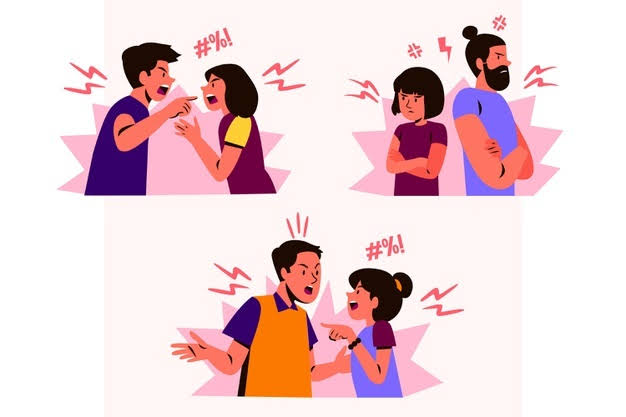
It’s recommended to sit down and think about all the things that make you lose control or push you into panic mode. Write all those things down and start working on confronting those particular triggers if you want to avoid the same repetitive patterns. Recognizing your triggers will also give you a chance to design a strategy for the next time you come across those triggers.
Deep Breathing And Meditation
Taking deep breaths can solve so many things. While anxiety’s suddenly trying to hit you like a truck you’ll suddenly begin to feel claustrophobic. This feeling of claustrophobia often leads to a feeling of unease and you’re more likely to face trouble breathing. So, to normalize your breathing rate, you can try taking deep breathes. Partner this technique with counting each breath and you’ll soon start feeling your bodily functions neutralizing. According to the researchers at John Hopkins institute;
“30 minutes of daily meditation may alleviate some anxiety symptoms”
No wonder yoga and other meditative exercises earn such high praises in the medical world. Even if you don’t find meditative exercises too appealing you can still try to settle down in an open, sunny space every once in a while. Sit, relax and think about positive things every once in a while. Practising this kind of mindfulness can block out those negative thoughts that often seem to cloud your mind and cause anxiety
Aromatherapy
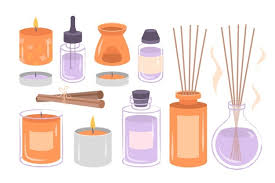
You might’ve heard various Instagram influencers raving about the goodness if aromatherapy, well my friend it’s definitely worth a try. Anxiety often causes your heart rate to increase. While you’re in an anxious haze you’ll start feeling as if your heart is pounding and your respiration rate starts turning against you as well. As a temporary solution to this problem, you can keep a bottle of your favourite essential oil in your bag 24/7. You can just whip it out and sniff some of it while an anxiety attack is at the onset. The advantages of aromatherapy for people with anxiety have been scientifically backed up in the past so it’s definitely no joke. According to a 2012 study conducted on the benefits of essential oils and aromatherapy;
“Lavender oil and other pleasantly potent plant-based oils can reduce heart rate. Consequently, Aromatherapy can calm you down during anxiety and panic attacks”
So, you can now try various essential oils for yourself and find out what suits you best.
Final Words
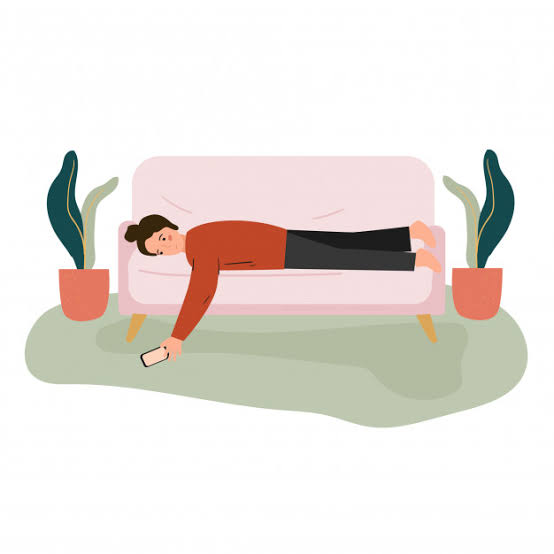
There’s an abundance of practical solutions we’ve mentioned that you can try at least once to lay off the impact of mild anxiety. Although most of these ideas are highly workable when you’re alone, you shouldn’t neglect the fact that a mild anxiety attack can soon turn chronic if left untreated. So, consult a therapist instead of experimenting with things on your own. These solutions cannot replace professional help. So talk to your doctor about all your concerns and stay open to the possibility of therapy and regular medication.
FAQs
How to combat an anxiety attack on your own?
If you sense the onset of an anxiety attack, hyperventilating won’t help you at all. So settle down and try the following helpful strategies until the panic wears off.
- Picture yourself in a calm, happy place
- Count to 10
- Listen to calming music or sounds
- Practice deep breathing
- Actualize your surroundings
- Try to focus on an object lying nearby
- Relax your body and posture
What’s the correlation between Anxiety and feet tingling?
Tingling in your feet, hands or other body parts is a condition that can be linked with multiple anomalies. Some of these conditions are various vitamin or mineral deficiencies, sclerosis etc. Yet, you’d be shocked to find out that anxiety induces a similar effect in your body as well. Hyperventilation is a common occurrence among people with anxiety disorders and it can cause tingling in your feet. While you’re hyperventilating you sort of start breathing very rapidly which can automatically cause an imbalance in the CO2 and O2 levels. Consequently, you feel as if your feet are tingling while you’re in an anxious state.
Which essential supplements can help combat Anxiety?
Although they’re not completely responsible for bringing you back the normalcy, taking some essential nutrients can make anxiety much more bearable. It should be fully noted that you must ingest these supplements only after the recommendation of a physician. These essential supplements include;
- L-theanine
- Glycine
- Melatonin
- Kava
- Rhodiola rosea / Rhodiola
- Ashwagandha
- B complex vitamins
